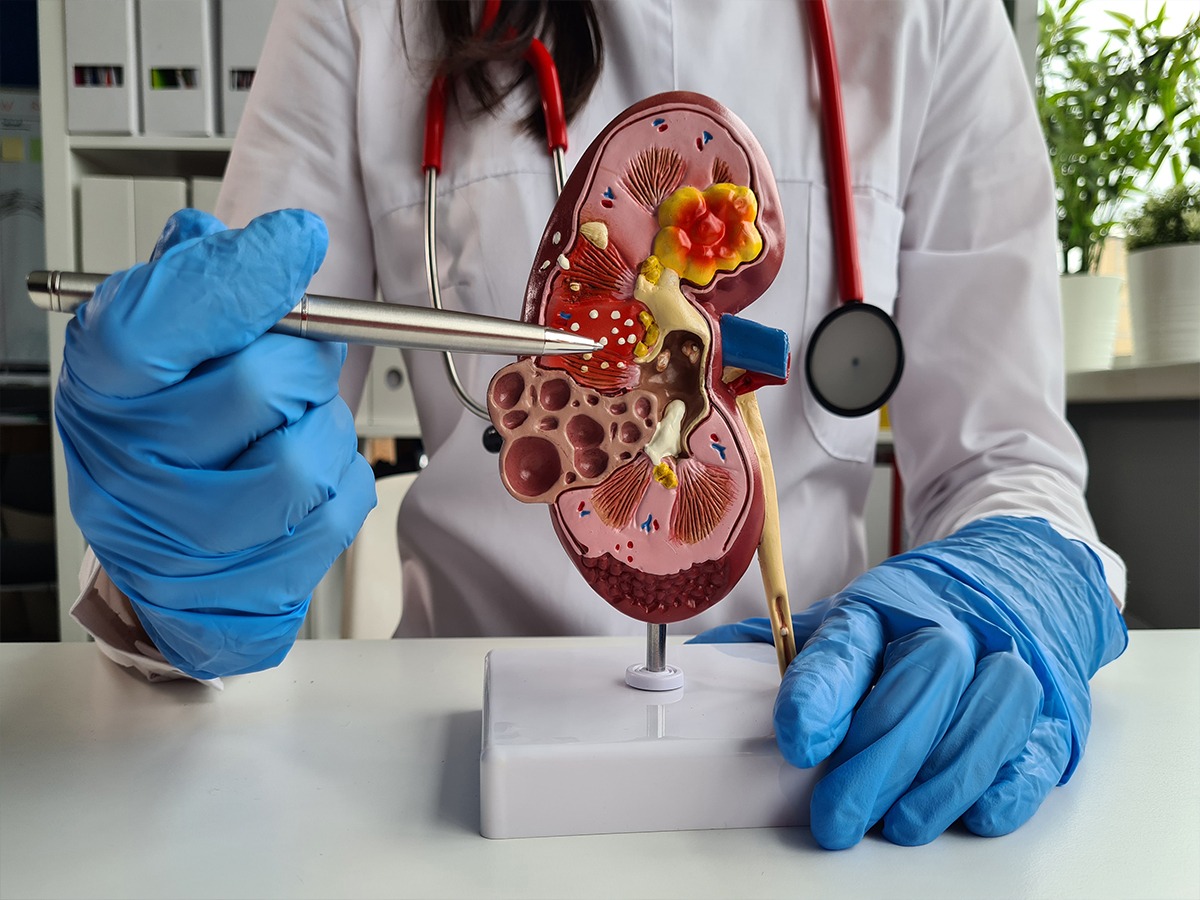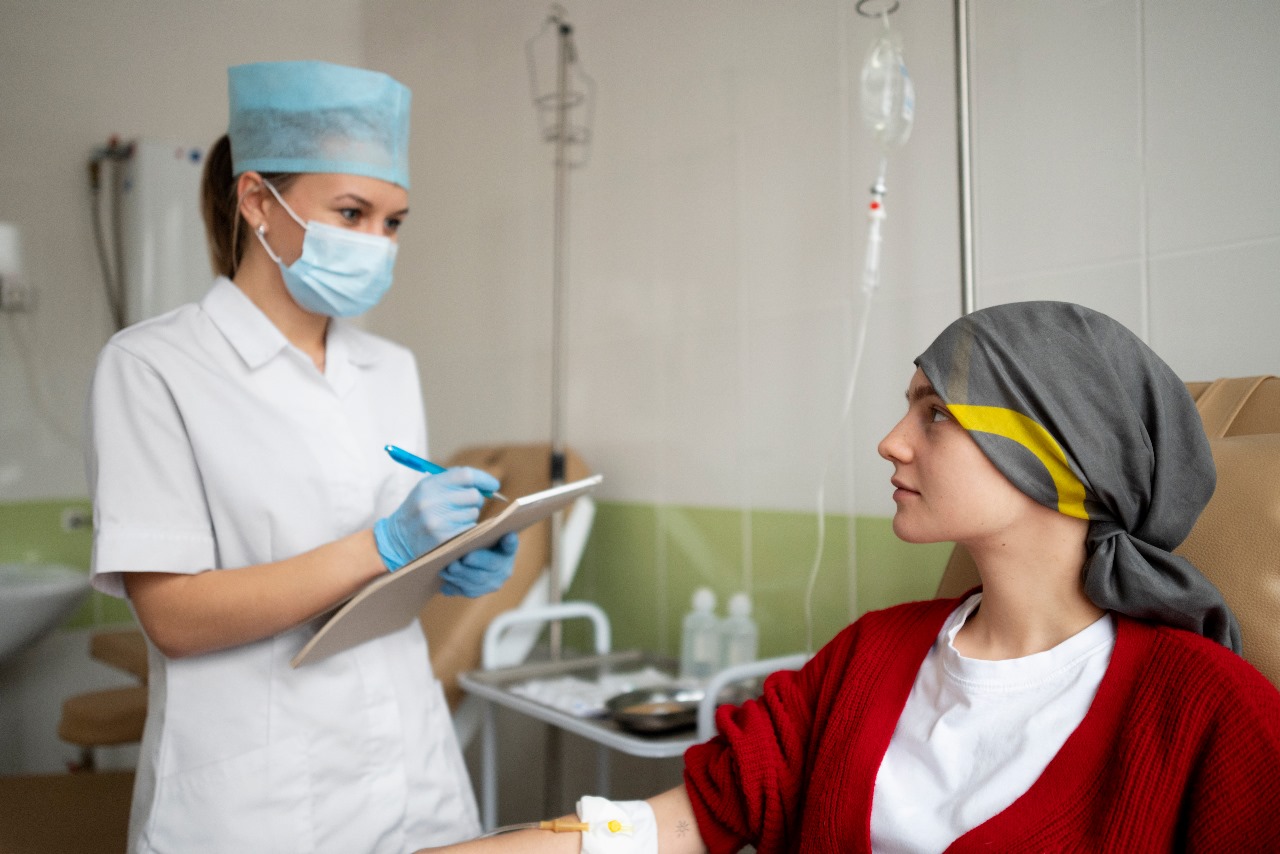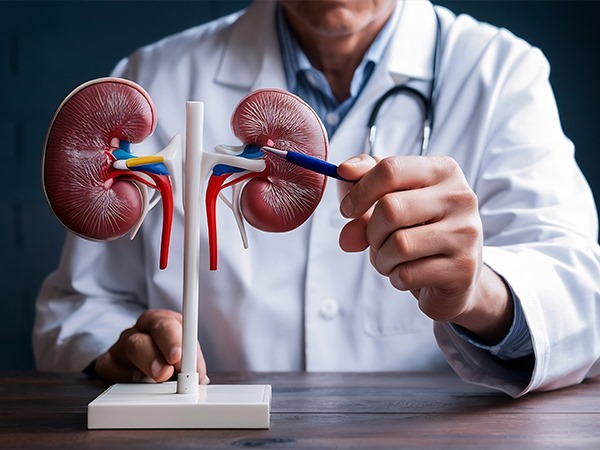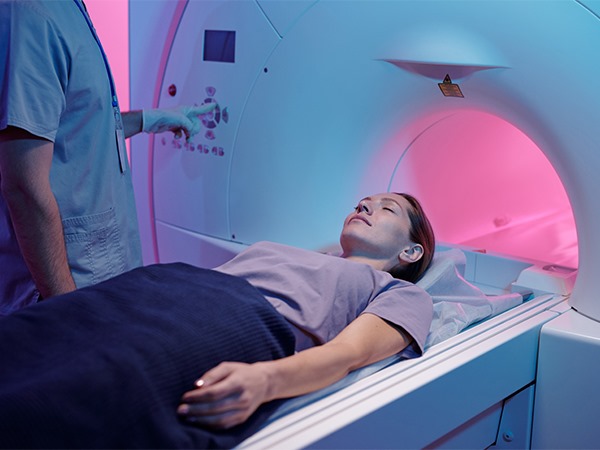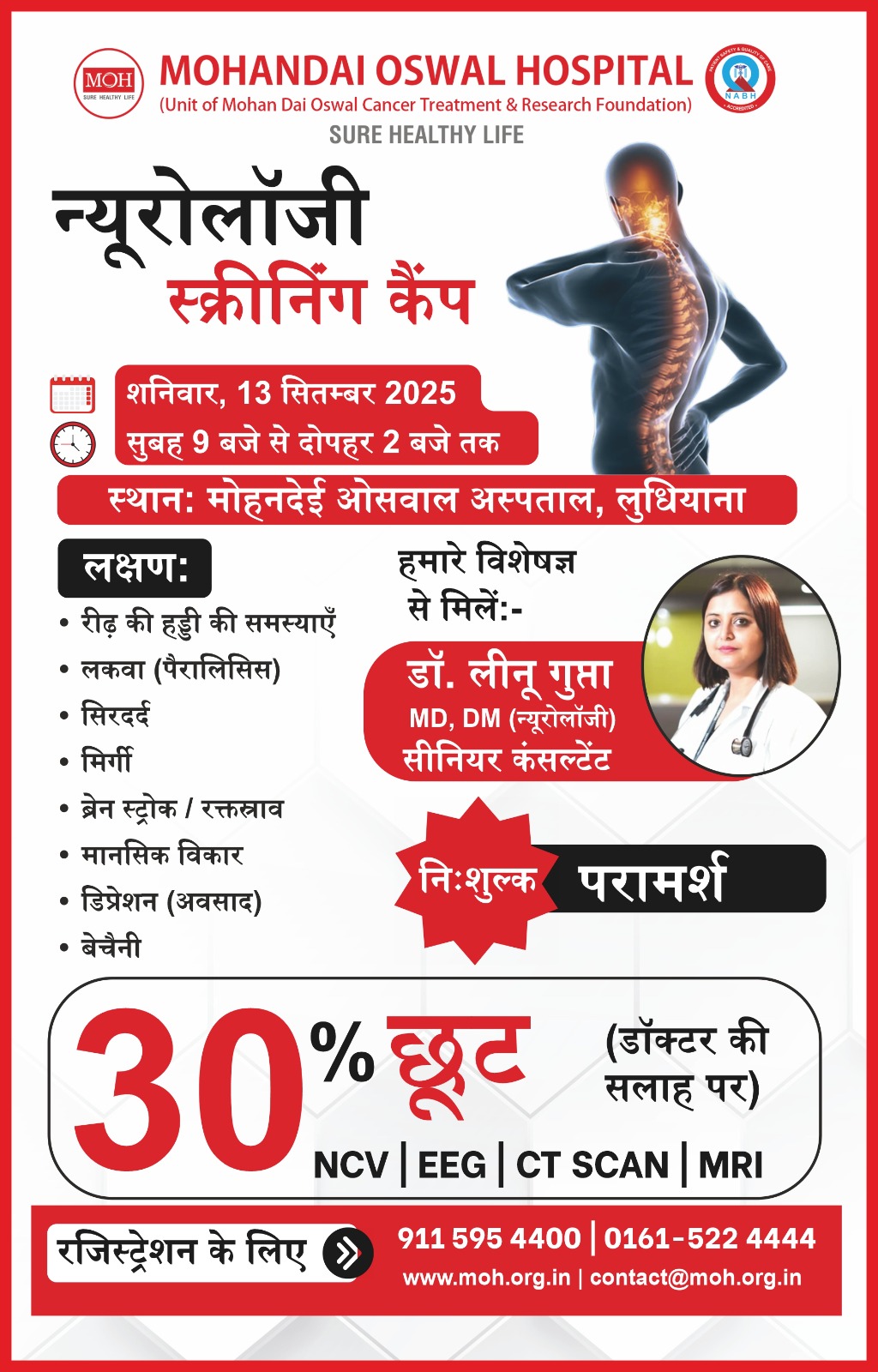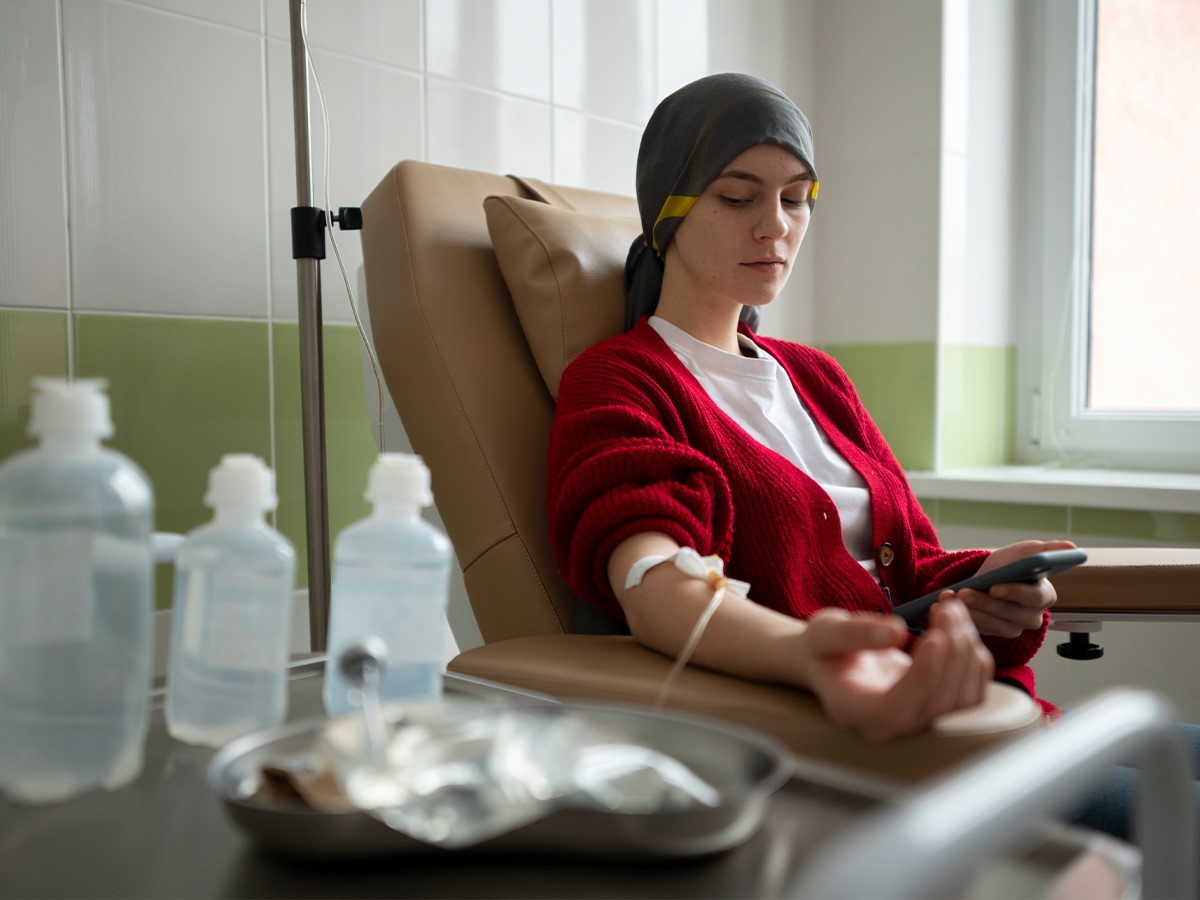
Cancer is one of the most complex health challenges of the modern era. With millions of new cases diagnosed globally each year, the need for advanced and effective treatment strategies has never been greater. For patients and families, cancer care is no longer just about survival—it’s about living longer, healthier, and more fulfilling lives during and after treatment.
At Mohandai Oswal Hospital in Ludhiana, a recognized center for comprehensive cancer treatment, the introduction of advanced therapies such as brachytherapy has transformed the way cancer is managed. By combining innovation, expertise, and patient-focused care, the hospital is helping patients achieve better outcomes than ever before.
This blog explores the evolution of cancer care, the role of brachytherapy in treatment, and how hospitals like Mohandai Oswal are shaping the future of oncology.
The Evolution of Cancer Care
Historically, cancer was treated through three primary methods: surgery, chemotherapy, and external beam radiation therapy. While these approaches remain central, they have limitations: surgery can be invasive, chemotherapy often brings systemic side effects, and external radiation sometimes affects healthy tissues around the tumor.
Modern cancer care has evolved beyond these limitations. Today, treatments are designed to:
Target tumors with high precision
Preserve surrounding healthy tissue
Minimize treatment-related side effects
Improve survival rates
Enhance quality of life during recovery
This evolution is fueled by technological advancements, better imaging, molecular diagnostics, and innovative therapies like brachytherapy.
What is Brachytherapy?
Brachytherapy is a type of internal radiation therapy where a radioactive source is placed inside or next to the tumor site. Unlike traditional external beam radiation, which passes through the body to reach the tumor, brachytherapy delivers radiation directly to the affected area.
Benefits of Brachytherapy in Cancer Care
Targeted Precision – The radiation is localized, sparing nearby healthy tissues.
High Effectiveness – Direct delivery allows for higher doses to the tumor.
Fewer Side Effects – Patients experience less damage to healthy cells compared to external radiation.
Shorter Treatment Duration – Many patients complete therapy in fewer sessions.
Improved Quality of Life – Faster recovery enables patients to resume normal routines.
At Mohandai Oswal Hospital, brachytherapy is being used effectively for cancers of the prostate, cervix, breast, and head and neck, making it an essential part of the hospital’s oncology services.
Different Types of Brachytherapy
Brachytherapy can be customized based on cancer type and patient needs:
Intracavitary Brachytherapy: Sources placed in a body cavity (e.g., cervix, uterus).
Interstitial Brachytherapy: Radioactive implants inserted directly into tissues (e.g., prostate, breast).
Surface Brachytherapy: Radiation applied close to skin or surface tumors.
Temporary vs. Permanent Brachytherapy: Sources may be removed after a short time or permanently implanted as seeds.
This flexibility makes brachytherapy a versatile option in comprehensive cancer care.
How Brachytherapy is Transforming Patient Outcomes
The ultimate goal of cancer treatment is not only to control or eliminate the disease but also to maintain the best possible quality of life. Brachytherapy contributes to this by:
Increasing Survival Rates – Particularly effective in cervical and prostate cancers.
Preserving Organ Function – Helps avoid radical surgeries that compromise normal body functions.
Reducing Treatment Burden – Shorter, more effective sessions mean fewer hospital visits.
Minimizing Side Effects – Lower risks of fatigue, burns, or gastrointestinal issues compared to external radiation.
Supporting Psychological Well-being – A faster recovery process reduces anxiety and improves emotional health.
Advanced Cancer Care at Mohandai Oswal Hospital, Ludhiana
Mohandai Oswal Hospital is among the pioneers in North India offering integrated and advanced cancer care. With its state-of-the-art infrastructure and a team of highly skilled specialists, the hospital provides comprehensive treatment options under one roof.
Key Features of Cancer Care at Mohandai Oswal Hospital
Modern Oncology Facilities – Equipped with advanced diagnostic and treatment technologies.
Multidisciplinary Expertise – Oncologists, radiologists, surgeons, and therapists collaborate to design personalized plans.
Wide Range of Treatments – From surgery and chemotherapy to external beam radiation and brachytherapy.
Holistic Patient Support – Includes nutrition, counseling, and pain management to address overall well-being.
Affordable and Accessible Care – Ensuring world-class cancer treatment is available in Ludhiana.
Why Brachytherapy at Mohandai Oswal Hospital Stands Out
The integration of brachytherapy at Mohandai Oswal Hospital has enhanced its cancer care services significantly:
Precision-Based Technology: Advanced imaging ensures accurate placement of radioactive sources.
Collaborative Planning: Multidisciplinary teams tailor treatment for each patient.
Minimally Invasive: Reduced physical trauma and faster recovery.
Accessible Care: Affordable options make advanced treatment possible for more families.
The Broader Impact of Advanced Cancer Care
The rise of advanced therapies like brachytherapy is not just transforming individual treatments but also shaping the broader landscape of cancer care:
Shift Towards Personalization: Every patient receives a treatment tailored to their condition.
Improved Quality of Life Metrics: Success is no longer measured only in survival but also in comfort and recovery.
Integration with Emerging Treatments: Brachytherapy is being combined with immunotherapy and precision medicine.
Contribution to Global Oncology Standards: Hospitals like Mohandai Oswal are helping set benchmarks for cancer treatment in India.
The Future of Cancer Care
As medical science advances, cancer care will continue to become more precise, effective, and patient-centered. Some emerging trends include:
Precision Medicine: Using genetic information to guide therapy choices.
Immunotherapy: Harnessing the immune system to fight cancer.
Combination Treatments: Brachytherapy combined with systemic therapies for stronger outcomes.
Artificial Intelligence in Oncology: AI-driven planning to improve accuracy in treatment.
Expanded Survivorship Programs: Support for long-term recovery, rehabilitation, and wellness.
Mohandai Oswal Hospital is committed to adopting these innovations, ensuring patients in Ludhiana and beyond have access to the most advanced care available.
Conclusion
The fight against cancer is evolving, and with innovations like brachytherapy, patients now have access to treatments that are more effective, less invasive, and better suited to preserving quality of life. At Mohandai Oswal Hospital in Ludhiana, advanced cancer care combines modern technology, expert specialists, and a patient-first approach to deliver hope and healing.
By making world-class treatments such as brachytherapy available locally, the hospital is not only improving survival rates but also transforming the overall journey of cancer patients. The future of cancer care lies in precision, compassion, and innovation—and Mohandai Oswal Hospital is at the forefront of this transformation.






